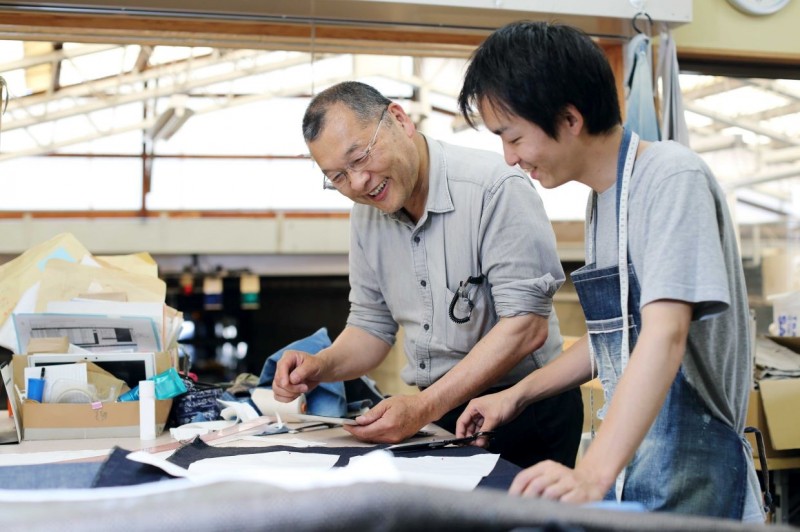
Image credit: The Star
PETALING JAYA: Strong entrepreneurial drive, a high level of socioemotional wealth and motivational leadership styles are key to the sustained performance of family businesses, according to a survey by KPMG Private Enterprise and the STEP Project Global Consortium.
KPMG Private Enterprise family business and tax leader Tai Lai Kok (pix) said its study revealed that entrepreneurial spirit alone is not sufficient to support the continuous renewal and rejuvenation that is needed to sustain family businesses.
“The emotional value they derive from owning and managing their firms, further strengthened by ‘fit for purpose’ leadership style are also equally important contributors especially amidst the uncertainty from the past two years,” he added.
Continuous entrepreneurialism is a source of sustained competitive advantage in Malaysia’s family businesses because it is built on two factors that are difficult to imitate – the capabilities and resources of the family itself, and the company’s entrepreneurial heritage.
Family business executives in Malaysia reported a high level of proactiveness at 62%, followed closely by the risk-taking trait (53%). There appears to be a strong opportunity-seeking mindset among Malaysia’s family businesses – continuously taking pre-emptive actions that shape the competitive environment that other companies are forced to react.
However, lagging significantly behind at 20% is innovativeness – the propensity to invest in the research and development of new products and services and operating practices.
In terms of socioemotional wealth, maintaining family control is seen as a priority (54%) among Malaysia’s family businesses to help ensure the sustainability of the core business through slow and steady growth. For many respondents, socioemotional wealth is seen as an endowment – one that the family values and protect beyond financial wealth.
On the other hand, a majority (59%) of Malaysian family businesses still engage an authoritarian leadership style, where the primary impact is seen in the strength of family bonds and their emotional attachment to the business.
But there is a growing number of family businesses that engage in transformational leadership style (48%) where leaders are open to changing basic values, beliefs and attitudes in an effort to motivate their “followers” to do more and perform beyond expectations.
“Leadership styles should not be overlooked as a critical factor affecting the performance of family businesses. In a post-covid landscape devoid of predictability, fueling the regenerative power of family businesses will require more transformational leadership to ensure that family businesses continue to evolve successfully and at speed.
“Our global survey data painted a clear picture of the factors that have a major impact on the performance of family businesses, particularly their ability to maintain a culture of entrepreneurialism and innovation, matched with strong connections between the family and the business and the emotional value they receive from owning and managing it successfully,” Tai explained.
The study analysed insights from 2,439 CEOs and other leaders from top family businesses across 70 countries and territories, including 56 respondents from Malaysia. The study looked at the common factors that make up the formula for family business resilience and regeneration.
Source: https://www.thesundaily.my/business/proactiveness-risk-taking-key-to-family-business-governance-FX9330711

